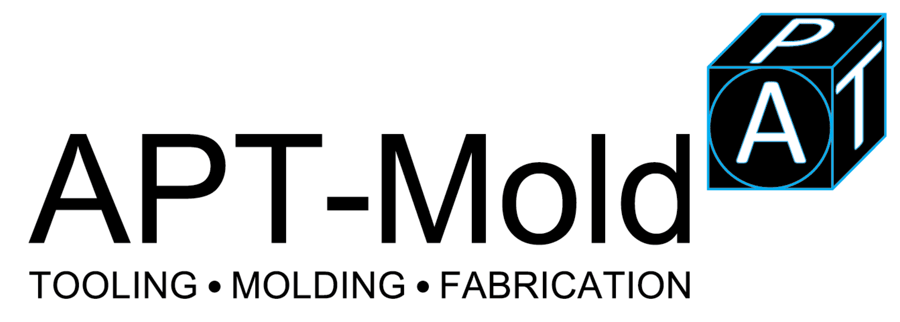Plastic Injection molding process is an important process for manufacturing parts in bulk. This process is used to produce production parts in huge volume where the process creates the same parts in succession. Due to its ability to produce parts in massive amount this process is mostly preferred in manufacturing industries. One time investment has to be done and the products will be prepared in low volume manufacturing cost. Moreover, as more and more parts are produced by the process the cost of manufacturing goes on decreasing. It also produces scrap on very low rates that are not seen in the traditional manufacturing process. It saves material which is being cut. However, this is possible only when you choose the right material for tooling.
Whether the process is used in low volume manufacturing or high volume it is very crucial to consider differed factors while choosing tooling material. When choosing the material for the first time you might make mistakes which can lead to loss of overall production. Therefore, you must know which material is widely used in plastic injection molding.
What are the popular tooling materials?
Aluminum and P20 steel are two materials that are used and each material is best for different purposes. Both materials have pros and cons which are based on their properties. as per the project requirements, you should choose the material for tooling.
P20 steel- this material is best for plastics manufacturing industry. This is due to its properties which are as follows:
- Hardness
- Good corrosion resistance’
- Good thermal stability
- Excellent wear and tear resistance
- Heat treatment is possible after parts are machined
- good polishing ability
It obtains good strength and hardness due to the presence of metals like nickel and chromium. Moreover, the uniform hardness is achieved throughout the material due to the homogeneous mixture of alloys. It has a hardness of approx 40 to 50 HRC. All the above properties of this low alloy steel make it possible to mold the part thousands and hundreds of time without maximum wear and tear. If this material is used in plastic injection molding tool then around 50,000+ parts.
Other mold tooling materials are berlin copper, PAS940 and maraging 300. These materials are suitable for industries with specific needs. However, these can be costly as compared to P20.
Aluminum-aluminum is perfect for low volume manufacturing where the production is limited to approx two thousand units. It offers numerous advantages such as:
- Better heat transfer rate- its heat transfer rate is five times better than other materials. Moreover, it has better conductivity.
- Reduced production cycle- it reduces 30 % of the production cycle time as compared to other tooling materials for low volume manufacturing.
- Better heat treatment process- the aluminum offers better heat treatment process as compared to steel.
- Cost effective- the more beneficial aspects of aluminum is that it is not costly as compared to steel.
Other than these materials, there are more tooling materials as well. The selection should entirely depend on the requirement of the project. Production volume is one such factor deciding the right material for tooling.
